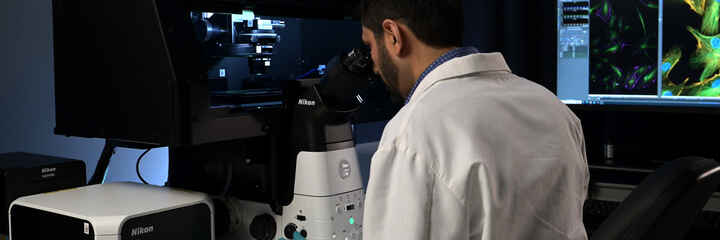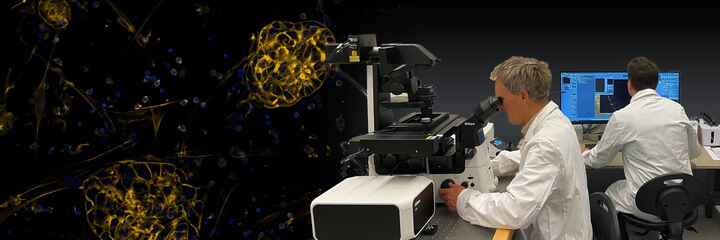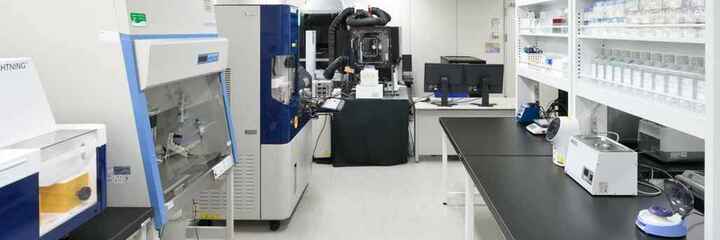Notizie
Nikon Announces Recipient of 2005 Nikon Fellows Award; Award Enables Critical Scientific Advances in Cell Biology
giu 27, 2005
Nikon Instruments, Inc., the world leader in microscope and digital imaging technology, and the Marine Biological Laboratory (MBL) in Woods Hole, Massachusetts, have announced Dr. Jason Swedlow of the University of Dundee has received the prestigious 2005 Nikon Fellowship. Dr. Swedlow will be moving his research group to the Marine Biological Laboratory (MBL), Woods Hole, Massachusetts for the summer. The Nikon Fellowship is awarded annually to a world-class cell biologist to support a summer research program. Dr. Swedlow and his research group will have a unique opportunity to interact directly with some of the best scientists in the field of cell biology.
Nikon Instruments, Inc., the world leader in microscope and digital imaging technology, and the Marine Biological Laboratory (MBL) in Woods Hole, Massachusetts, have announced Dr. Jason Swedlow of the University of Dundee has received the prestigious 2005 Nikon Fellowship. Dr. Swedlow will be moving his research group to the Marine Biological Laboratory (MBL), Woods Hole, Massachusetts for the summer. The Nikon Fellowship is awarded annually to a world-class cell biologist to support a summer research program. Dr. Swedlow and his research group will have a unique opportunity to interact directly with some of the best scientists in the field of cell biology.
The Marine Biological Laboratory at Woods Hole is one of the world's top scientific institutions and is the site of frequent scientific advances. Their summer research program is world famous, and attracts talented cell biologists, physiologists, embryologists, and parasitologists who conduct research, perform experiments, and share discoveries and new ideas.
Dr. Swedlow is a principal investigator in the Division of Gene Regulation and Expression, School of Life Sciences, at the University of Dundee, where his team examines how chromosomes are assembled during cell division. This process is a known target for anti-cancer therapeutics. Dr. Swedlow uses both biochemistry and digital microscopy to determine how chromosomes are organized. Recently, they have developed biochemical methods enabling the direct examination of molecules associated with mitotic chromosomes, and have applied high resolution digital fluorescence microscopy to the study of the structure of the mitotic chromosome. Dr. Swedlow has also taught the Analytical & Quantitative Light Microscopy course at the Woods Hole since 2000.



